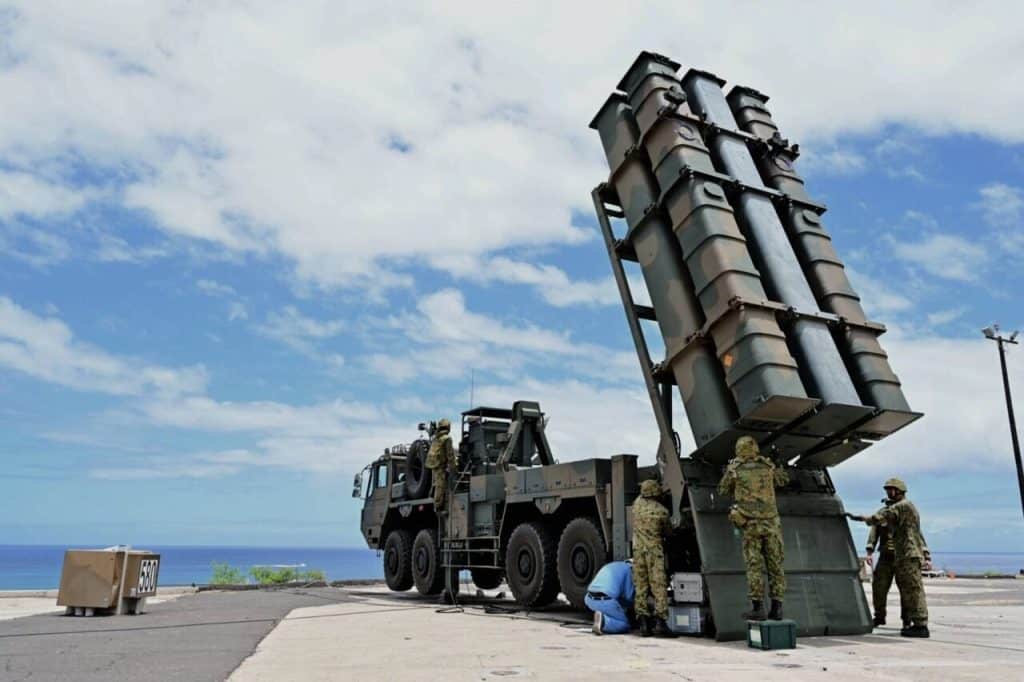Asia-Pacific: Reshaping global dynamics.
As the United States and China reached a preliminary framework agreement to transfer ownership of TikTok, the popular social network owned by China’s ByteDance, to a US-majority board to avoid a ban in the United States, Pakistan and Saudi Arabia signed a joint strategic defense pact that bolsters nuclear and military deterrence against regional threats such as Israeli aggression and reflects growing distrust of the United States as a traditional ally.
The events come against a backdrop of geopolitical tensions in the Indo-Pacific region, where repeated incursions by Chinese ships into the Senkaku (Diaoyu) waters, trilateral US-Japan-Philippines exercises, Washington’s deployment of the Typhoon missile system in Japan, and Beijing’s patrols with Thailand have raised the risk of “accidental war” in the region, particularly in the Taiwan Strait, and highlighted the broader Sino-US competition for military and economic dominance.
China, US reach agreement on TikTok transfer
The latest round of trade talks between the US and China was held in Madrid, Spain, last week, with the main focus being on resolving trade disputes and the fate of the social network TikTok. US Treasury Secretary Scott Besant announced after the first round of talks that the two sides were close to an agreement on TikTok and that even if a final agreement is not reached, it will not affect bilateral relations. The talks were the fourth round in the past four months and were attended by delegations led by Besant and Chinese Vice Premier He Lifeng.
Following the remarks by the Washington Treasury Secretary, US officials announced the achievement of a “preliminary framework agreement” to transfer ownership of TikTok to a US-controlled entity. The case began in 2020, during the Trump administration, which ordered the transfer or ban of the platform. The talks are taking place in the context of a broader trade war between the two economic superpowers, which has been exacerbated by Trump’s increase in tariffs on Chinese goods and Beijing’s retaliatory measures, including halting exports of rare earth elements to the United States.

